
Blog
How to Lose Weight In Ramadan – The Easy Way.
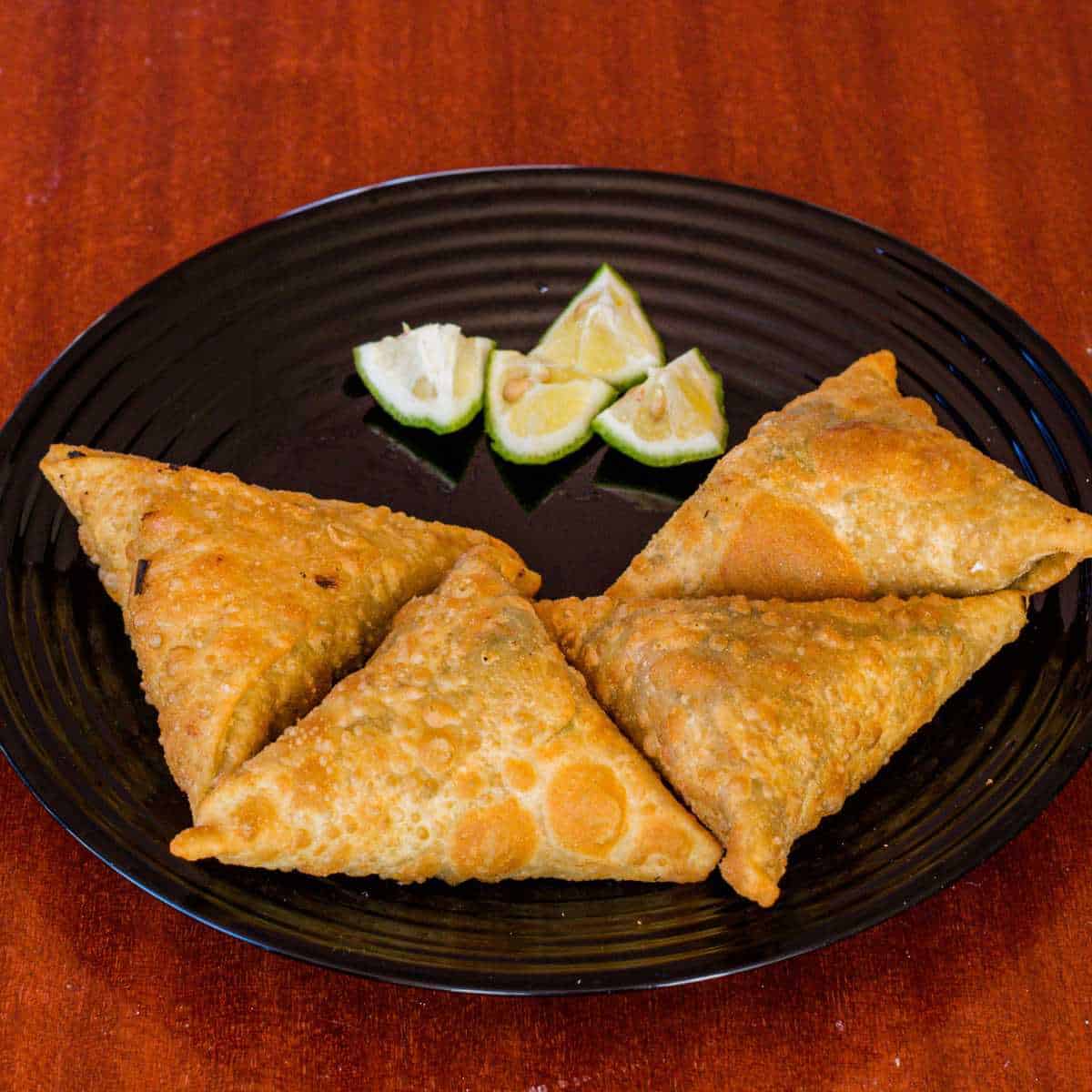
Pakoras. Samosas. Fried rolls. Cheese balls. Mmmmhmmmm. Does that not sound like stuff you’d have in the perfect iftar? But, if you ever spoke to a nutritionist and asked them if these were good food options to lose weight in Ramadan…
They’d stare at you in disbelief and smack you in the face.
In that case, you should probably sue them 😭
In fact, none of these food items are what people would expect to see regularly on diet plans for weight loss. Probably because they contain two of the most scary ingredients for the modern dieter…
FATS AND SUGARS.
Misconceptions of Weight Loss in Ramadan
In many people’s mind, fats and sugars can never let you achieve a lean physique. If you want to lose weight in Ramadan, you shouldn’t even let these things touch your lips, right? In fact, you should only be eating whole, clean foods, all day everyday 24/7.
That’s what you’ve probably heard all your life. But, we’re here to put that to rest.
You see, this is a huge problem in nutrition. People think the only way they can lose weight is by eating bland and boring “diet foods”. Stuff like unseasoned season, broccoli, and brown rice.
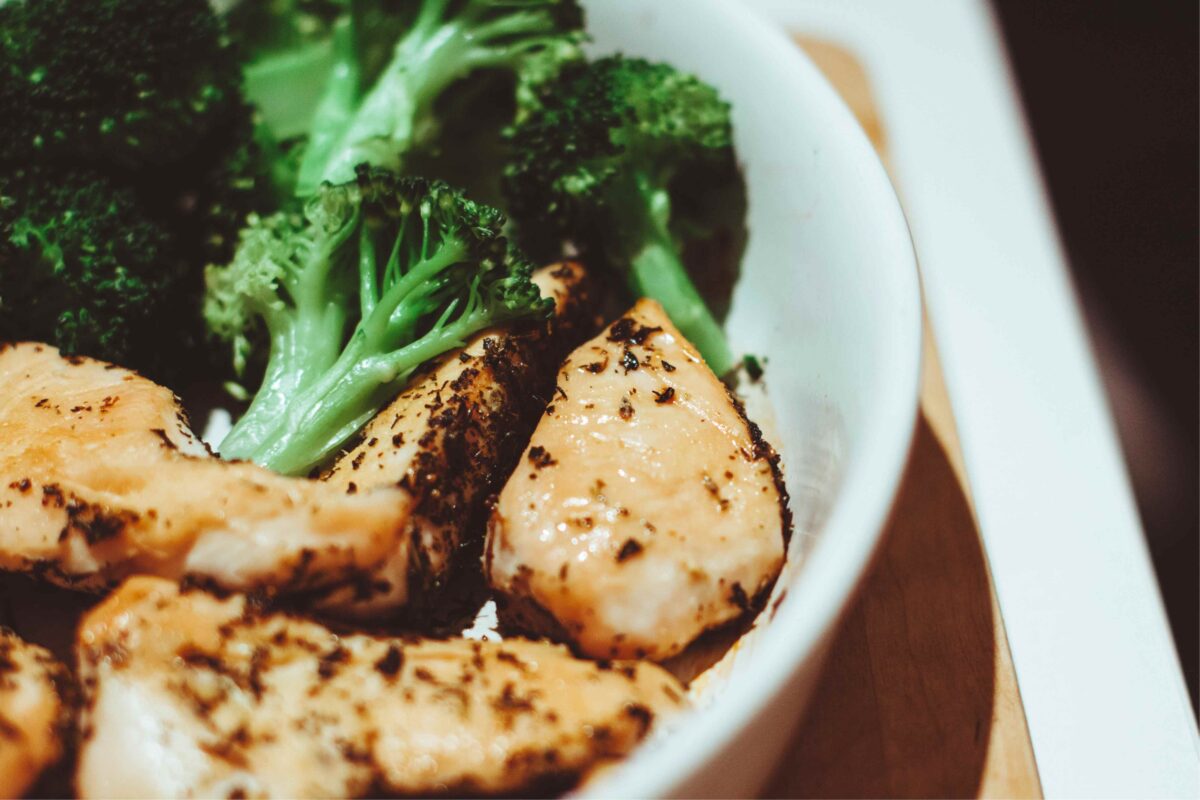
The problem with this is that you feel super restricted with what you can eat. This usually ends up in people giving into their cravings and eating huge amounts of the foods that they “couldn’t” have before.
What happens next? You down a whole bag of chips, a jar of Nutella, and an entire large pizza ALL in one night. And then you spend the rest of the night wondering why you couldn’t stick to the diet.
But, is there a better way?
A way that doesn’t limit you to any certain foods, allows you to eat the foods you want for sehri and iftar, and still lose weight?
There is actually a solution…
Science.
The Diet Of Ice cream and Avocados
Science and Avocados. Where on earth could we be heading?
But do not worry, we won’t go all nerdy and Einstein on you! To make things easier to understand, let’s visualize two identical twins.
Ahmed # 1 and Ahmed # 2.
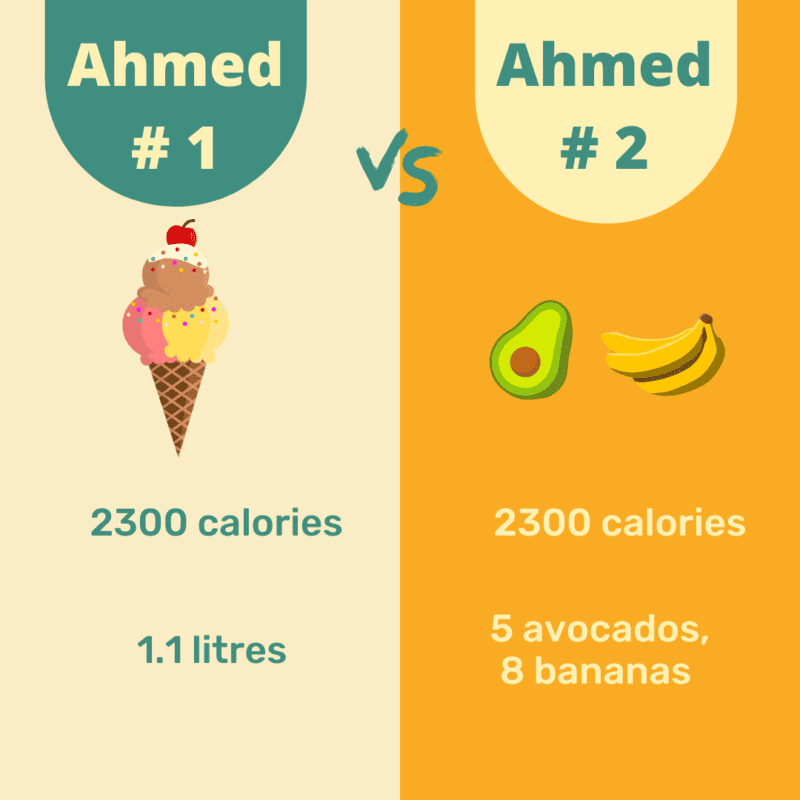
Both are trying to lose weight. Now, let’s imagine that to maintain body weight, they need to eat 2500 calories a day.
We decide that we’re going to put the Ahmed’s at a calorie deficit of 200 calories per day. This will lead to some nice, steady weight loss, as it should be.
Moving on, let’s assign both Ahmed’s separate diets.
For Ahmed # 1, we’re going to let him eat his favorite food of all time…
Ice cream.
Ahmed # 1 LOVES ice cream. So much so, that he would gladly eat it for every meal. And that’s exactly what we’re going to make him do.
He’s only going to eat ice cream as his meals. And for 2300 calories a day, that comes out to be around 1.1 liters of ice cream! Ahhh, the childhood dream :’)
Now, for Ahmed # 2. He’s going to be eating only what you would consider to be “clean” and “healthy” foods….
Avocados and bananas.
The superfoods. You’ve heard about them everywhere. They get an amazing rap for being one of the cleanest foods that you could ever eat!
For 2300 calories, this turns out to be almost 5 avocados and 8 bananas.
The results.
We make both Ahmed’s follow their diet for one month each. At the end of the month, who would you suspect to have lost more weight?
Did you think it’s Ahmed # 2?
You’d be WRONG.
Well then, is it Ahmed # 1? Wrong AGAIN.
Here’s the surprise, they both lose an identical amount of weight!
“But how is this possible? One ate all ice cream, while the other had only the almighty avocados and bananas!
Well, dear readers. This comes down to one very simple principle…
The Principle of Weight Loss.
Few people understand how weight loss works.
We’ve got some good news for you, it’s not as complicated as you think.
The reality is that weight loss boils down to 2 things: Your calories consumed, and your calories burned. If you’re consuming less calories than you’re burning, you’re going to lose weight.
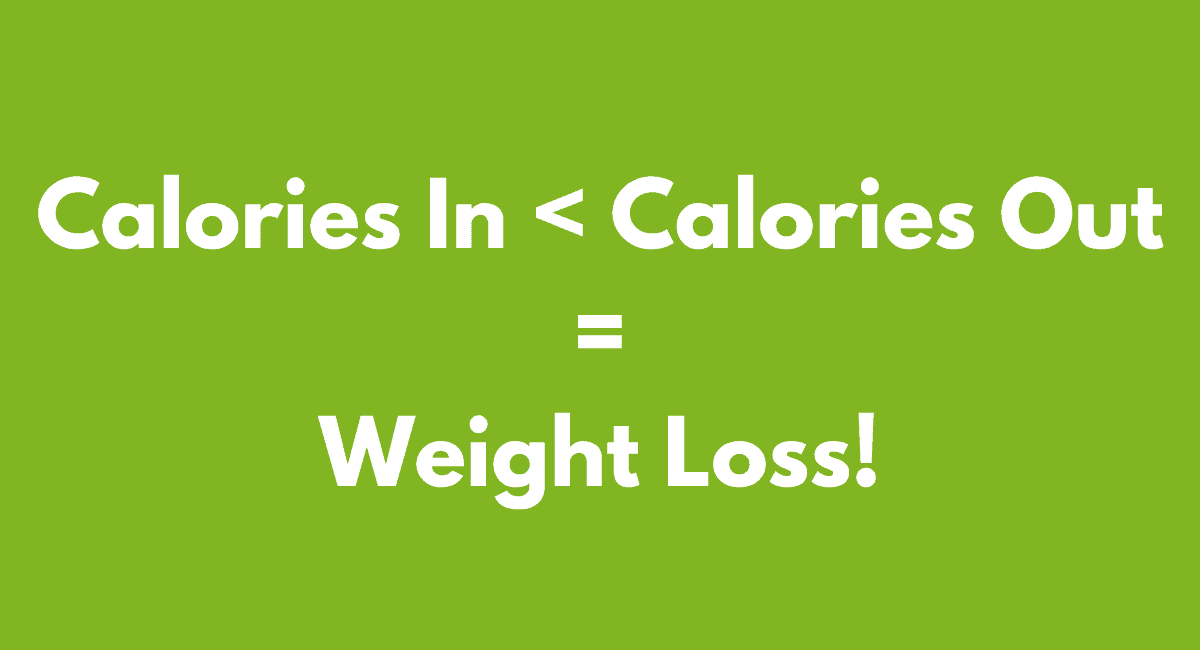
In this case it won’t matter what you’re eating. Heck, you could even be eating pizza as your sole source of nutrition and still lose weight. What matters is that you’re in a calorie deficit.
In terms of food choices, the two Ahmed’s diets look completely different. But when you look at macronutrients, they’re actually surprisingly similar. Take a look below!
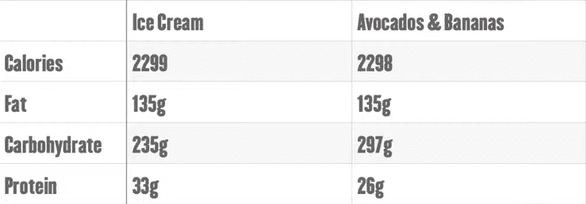
It doesn’t matter if you’re eating ice cream or avocados…
If you’re consuming a similar amount of calories for both, AND are also staying in a calorie deficit…
You WILL lose weight.
Now, a lot of people will think that what we’ve just concluded is absolute madness.
Typically we relate ice cream as something that is horrendous for you, and should be the last thing that touches your lips on a diet. On the other hand, most people think that avocados and bananas are healthy, and “clean foods”. (which they are).
However, research shows that diets matched for calories and macronutrients produce similar weight loss. Again, this is regardless of the types of foods you’re eating.
What should you eat, then?
This brings us to the question…
“Well, does this mean I can eat ice cream all day, everyday?”
And the answer to that is…absolutely not.
In fact, you shouldn’t follow either of the two diets. Neither is well balanced, and you’d end up suffering from some form of nutrient deficiency.
And just look at the absolute abysmal amounts of protein they have. You can say bye bye to any potential gains if you followed these diets.
What if we tried to create a much more balanced diet?
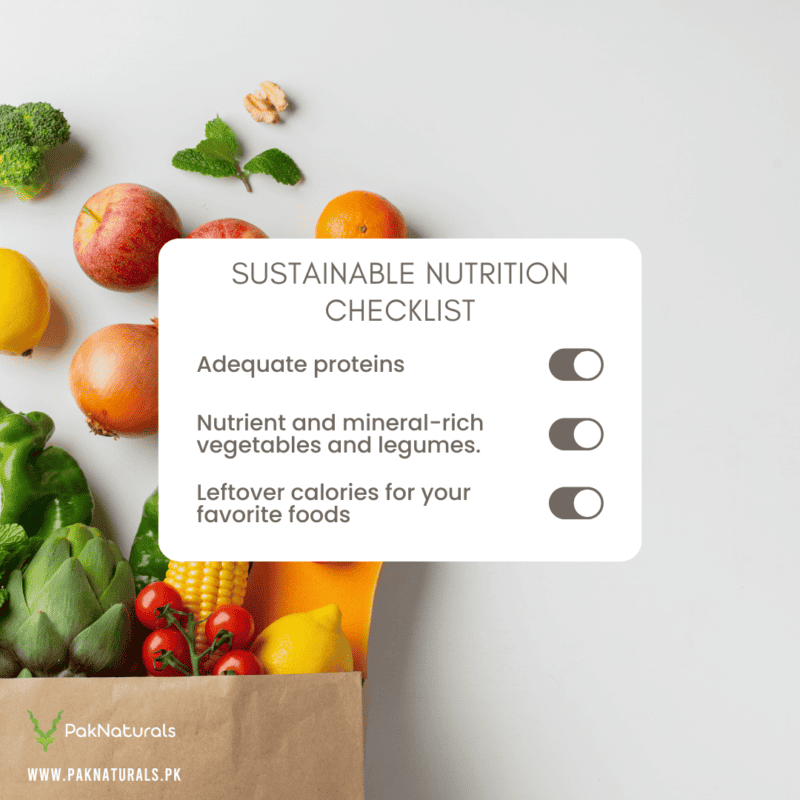
A diet that had the same calorie deficit as before, but also included everything that a healthy diet should have. Things like adequate proteins, nutrient rich fruits, vitamin-packed vegetables and legumes. Basically foods that you could eat a greater volume of, while also feeling more full.
Then why not, with the leftover calories that you have, add in some of your favorite “unhealthy” foods like ice cream or samosas?
For example, let’s say that you eat 2000 calories worth of good, healthy, and nutrient rich food. Now as a treat for the other 300 calories, you could reward yourself with something like chocolate or a scoop of your favorite ice cream.
Now, why is this so important?
Sustainability comes first.
The number one goal that you should have with your diet and exercise regime is longevity. In other words, trying to stick with something for the long term.
The only way that you can really do this is by making something sustainable.
Now, be honest. Can you stick to a diet of bland broccoli, steamed chicken and white rice for years on end, without ever touching a scoop of ice cream?
If you’re like most people, you probably shiver at the thought. But you don’t have to.
As we mentioned before, the greatest driver of weight loss is a calorie deficit. But, the single most important factor for weight loss success is consistency: the ability to maintain a diet, long term.
If you’re stuck eating the same limited foods everyday, you’ll get bored, feel restricted, and eventually give in to your cravings.
You can lose weight on literally any diet. But if you can’t maintain that diet for the long term, you’ll simply gain all the weight back in.
That’s why so many extreme diets or fad diets (e.g. 1 meal a day, 1000 calorie a day), work so well initially.
People lose a lot of weight due to the initial calorie deficit, but eventually give up because the diet is just impossible to stick to in the long term.
Neither Ahmed # 1, nor Ahmed #2’s diets are sustainable, no matter how “healthy” or “clean” the food they’re eating is. If you’re stuck eating the same limited foods everyday, you’ll get bored, feel restricted, and eventually give in to your cravings.
The Ideal Diet
You can have an unrestricted diet that still provides you with all the nutrients your body needs. And, the best part is that you can still enjoy some of your favorite foods in moderation.
By adopting this type of diet, you’ll find it much easier to stick to your healthy eating habits. Plus, it’ll be a lot more enjoyable than feeling like you have to give up everything you love.
Tying This Up to weight loss in ramadan
What we said is great and all, but you came to find out how to lose weight in Ramadan. And guess what, we just told you.
You see, there is no magic pill for weight loss in Ramadan. It all just comes down to a calorie deficit, i.e. consuming less calories than you’re burning.
This is where fasting can play such a helpful role! Think about it. You’re forced to limit yourself to 2 meals a day. What better way to reduce your overall calorie intake?
So, yes. You can have that pakora. Indulge in that samosa once in a while. And don’t feel guilty for drinking an extra glass of Rooh Afza.
Stop searching for another “Weight loss diet plan for Ramadan.”. All this fixes are temporary. What you need to do is make sure that you’re staying in an overall deficit and eating a variety of other nutritious foods. Do this, and the weight will shed! We promise.
You’re going to need to know how many calories you’re consuming in a day for the best results, so here’s a great tool for that.
Take-home Message:
So there you have it, readers!
Losing weight is all about consuming less calories than you’re burning.
This principle applies everywhere, not just for Ramadan. But Ramadan can be a great opportunity to kickstart your weight loss and then keep that energy going even after you exit the month.
So what strategies have helped you in shedding those extra pounds? Let us know in the comments below!
